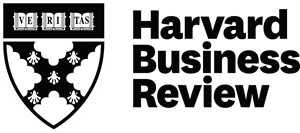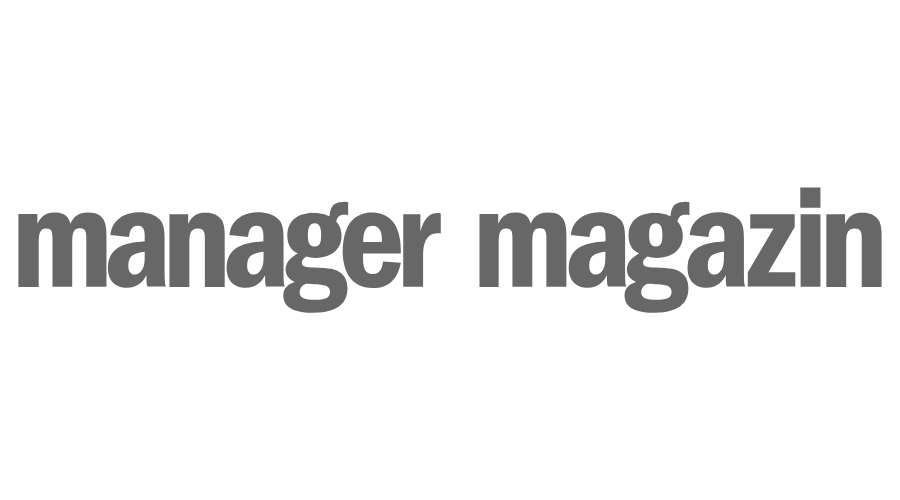

Close

Exponential organizations are the future of business. If your company is to survive, you must adapt ExO thinking and practices. So whether you’re founding a start-up or transforming an existing organization, outline a clear massive transformative purpose, get a flexible team and don’t rely on linear planning. Expect the unexpected and always rely on your creativity!
An exponential organization, or ExO, describes an organization that because of its ability to leverage new technologies can claim production, output or overall impact that is at least ten times larger than a regular organization in the same field.
In short, an ExO can do more, produce more and dominate its market niche with less people or resources when compared to a non-ExO company.
In short, we’re in dire need of new ways of thinking. For too long traditional organizations have stuck to linear ways of thinking and linear production processes.
Consider the waterfall method used in software development. This method begins with developers detailing the requirements of a project, then moving to design, implementation, verification and maintenance. It’s a straight line that could be easily disrupted by the smallest of problems.
ExOs have few employees and are thus more flexible, and they can make use of resources that they don’t own.
The most important asset for an ExO is information. Customer and market data have to be stored and analyzed. This doesn’t necessarily require much manpower, but it does require experimentation and flexibility. Many ExOs manage data automatically with the help of technological innovations.
Massive transformative purpose (MTP).
The most critical step is establishing the right culture in your ExO. Culture is the glue; it’s what holds things together when the boss leaves. Culture also ensures that you adhere to your MTP and any groundbreaking ideas are given their proper attention.
While not all ExOs share the same characteristics, any organization hoping to become an ExO needs to have a massive transformative purpose, or MTP. If you aren’t ready to develop an MTP, you can aim first to achieve a clear plan for corporate social responsibility. This means offering something more meaningful to both your customers and employees aside from a great product or a comfortable working environment.
Another change is that it’s now rather advantageous for a company to be small. Small teams are more flexible, can take more risks and can be more specialized. With client-driven iterations, you’ll please both clients and employees.
These five characteristics – staff on demand, community and crowd, algorithms, leveraged assets and engagement – when combined, make the acronym SCALE. These characteristics can be broken down into IDEAS: interfaces, dashboards, experiments, autonomy and social technologies.





Unsere Leidenschaft ist die schnelle und nachhaltige Verbesserung von Teams und Organisationen.